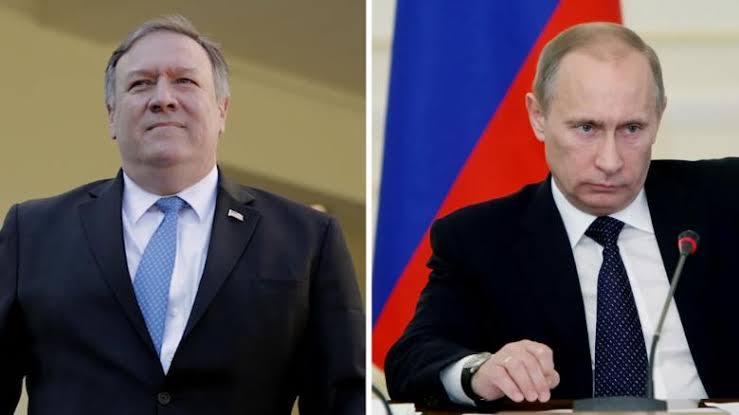President Trump moved Friday to roll back civil-service protections that federal employees have enjoyed for a generation, making it easier to fire poor performers, curtailing time employees can be paid for union work and directing agencies to negotiate tougher union contracts.
In three executive orders the president signed before the holiday weekend, Trump took his first significant steps toward fulfilling a campaign promise he made to overhaul a federal bureaucracy he told voters was awash in “waste, fraud and abuse.”
The changes have been championed by Republicans who have sought to rein in the size and reach of the federal bureaucracy of 2 million, which under Trump has been gradually shrinking through hiring freezes and unfilled vacancies.
The trio of executive orders — which can be undone by the next president — could have a much more dramatic impact. They immediately drew polarized reactions, with public employee unions casting them as an attack on civil servants and conservatives praising the overhaul as a win for accountability.
The orders limit federal employees to spending no more than a quarter of their workday on “official time” — paid time to do union business, a benefit Congress approved for federal unions four decades ago. Administration officials said the change could save $100 million a year.
They require agencies to negotiate union contracts in less than a year. And they direct managers to move more aggressively to fire poor performers or employees involved in misconduct, limiting to one month a last-chance grace period for improvement that now can last up to 120 days. Agencies must also disclose details about an employee’s record to other federal offices considering hiring someone who has been fired or disciplined.
The changes also upend a long tradition of basing layoffs on seniority. Agencies can now take performance into consideration, as well.
The orders also require agencies to begin charging unions for space in federal buildings they now use for free.
White House officials said their goal is to make the federal workforce more efficient and responsive to the public and to improve morale for employees who play by the rules.
In a briefing with reporters, Andrew Bremberg, the White House director of the Domestic Policy Council, said surveys of federal employees have repeatedly found that few trust their managers to adequately address poor performers.
For their part, conservatives praised the changes as long overdue — particularly the order that will limit how much paid time federal employees can spend doing union work on the job.
Civil-service experts said there is widespread consensus across the political spectrum on the need to overhaul the federal civil service. But they noted that Trump’s orders build on an effort conservatives have used in Indiana, Wisconsin and other states to weaken public employee unions.

















